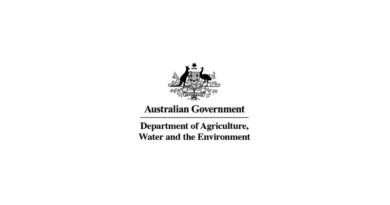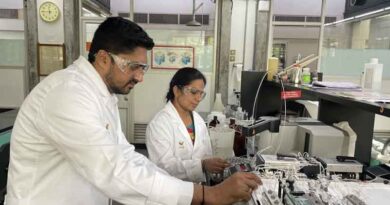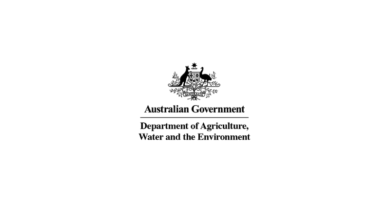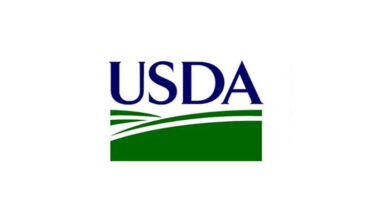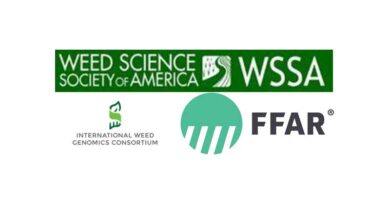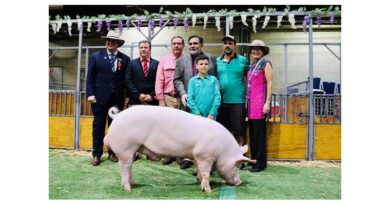MPI laboratory a global expert on bee diseases
10 June 2023, NZ: The world authority on animal health has elevated the Ministry for Primary Industries (MPI)’ Animal Health Laboratory (AHL) to the top tier of expertise in 2 major honey bee diseases – a first for New Zealand.
The designation by the World Organisation for Animal Health (WOAH) makes the AHL, which is based in Wallaceville, an “international reference laboratory” for American foulbrood and varroosis (infestation with varroa mites).
It is the first time New Zealand has had an animal health reference laboratory recognised by WOAH.
“The designation of our laboratory as a World Organisation for Animal Health reference laboratory for American foulbrood and varroa is an excellent recognition of our status as a world class laboratory,” said Dr Richard Hall, a principal scientist at MPI, who will lead the reference laboratory.
Reference laboratories around the world play a vital role in advancing the knowledge and control of animal diseases.
“Being made an international reference laboratory shows that we’re at the top tier internationally. We’re going to be helping other labs around the world and beekeepers around the world, but it helps our beekeepers as well.
“Bee diseases can be a real challenge here in New Zealand, and our increased laboratory profile will help in efforts to combat them.”
A key part of applying for international reference laboratory status is the nomination of an individual scientist with standing and reputation in the field, who meets WOAH’s exacting criteria.
AHL submitted a technical dossier to WOAH outlining AHL’s work supporting apiculture (beekeeping) and the expertise of Dr Richard Hall. This was extensively reviewed by WOAH experts and accepted by the 182 member countries of WOAH.
Both varroa and American foulbrood are established in New Zealand honey bees.
The MPI laboratory will be responsible for developing new testing and improving our understanding of the biology and epidemiology of these diseases.
It will continue to provide training and support for the New Zealand bee industry and advise WOAH member countries on control and prevention of disease.
Dr Hall said varroa was the main cause of colony loss in New Zealand.
“Having an international reference lab for varroa here helps to focus ongoing efforts in New Zealand to combat the upward trend of colony losses to varroa.”
Other labs around the world will now come to New Zealand for advice.
“We’ve already had links with supporting Pacific countries and Australia with bee health.”
Until now, there were only 2 international reference laboratories for honey bee pests and diseases: ANSES (French Agency for Food, Environmental and Occupational Health & Safety) in France and Friedrich-Loeffer-Institut in Germany.
About Dr Richard Hall
- Dr Hall is a principal scientist at MPI, specialising in the detection and control of honey bee pests and diseases.
- He has worked for the past 16 years on the detection and diagnosis of pathogens affecting humans and animals, but over the last 7 years he has solely focused on honey bees.
- During that time he has worked with beekeepers throughout New Zealand including in the Chatham Islands.
- He has over 40 publications in international peer-reviewed scientific journals across an array of disciplines, also including genetics and infectious disease research.
- He previously led a research group who used genomic methods to solve ‘cold cases’ of mystery diseases.
- He has a PhD in Biochemistry from the University of Otago and has held registration as a medical laboratory scientist.
- He is a recreational beekeeper in his spare time.
Also Read: Dhanuka Agritech further strengthens its herbicide portfolio with two new selective herbicides
(For Latest Agriculture News & Updates, follow Krishak Jagat on Google News)



